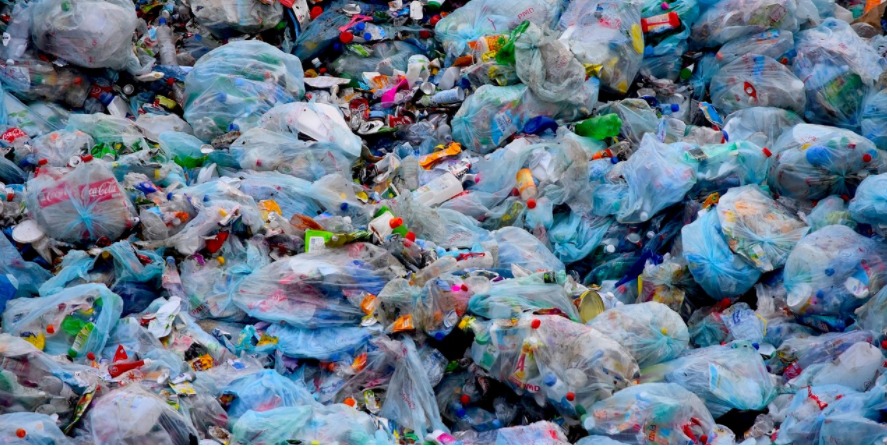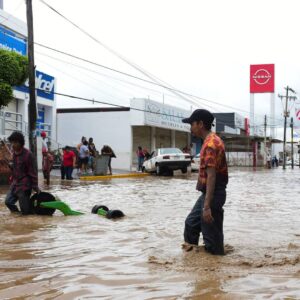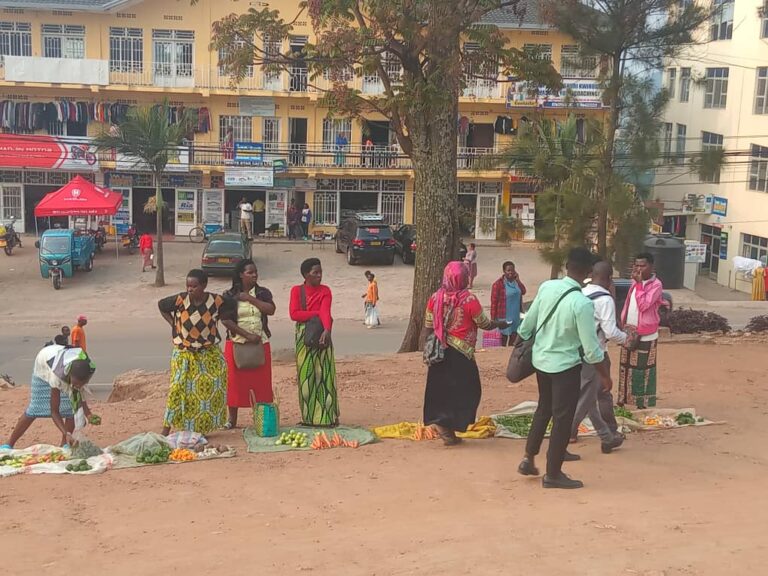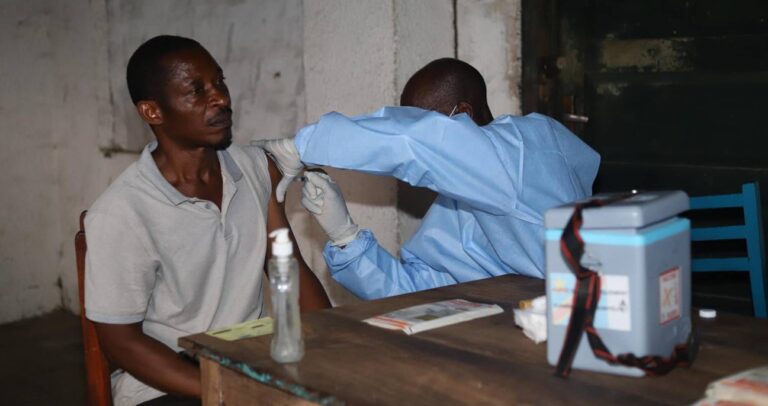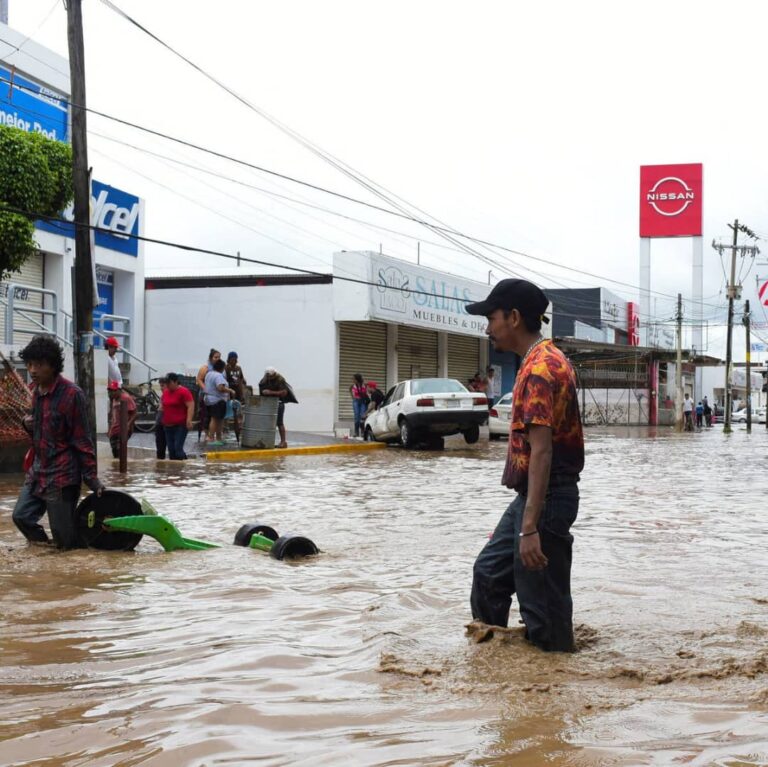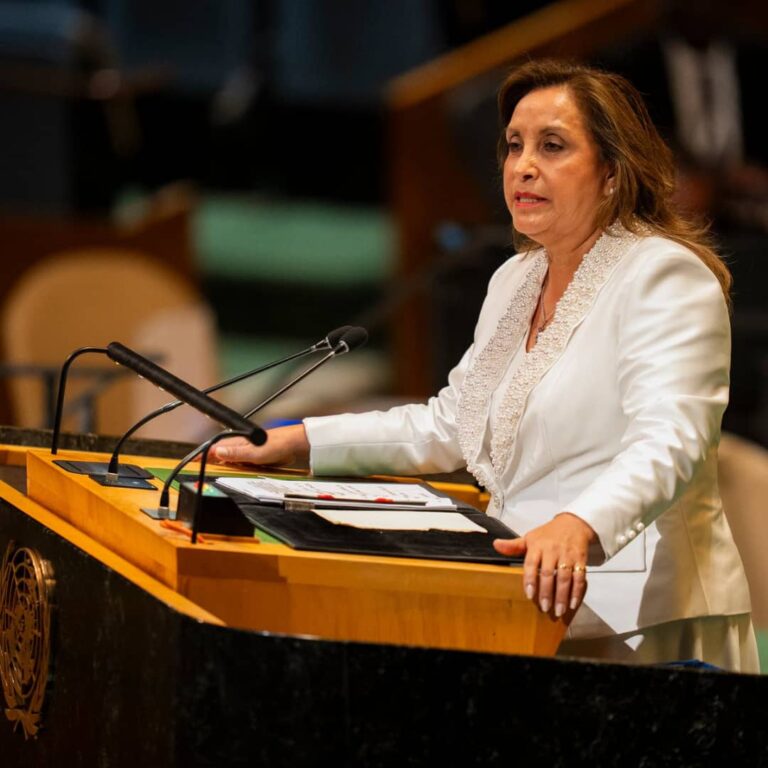Every year on June 5, the global community unites to commemorate World Environment Day, a moment to reflect on our relationship with the planet and renew our collective resolve to protect it.
In 2025, the theme “Beat Plastic Pollution” urges governments, institutions, businesses, and individuals to confront one of the most pressing environmental crises of our time.
A crisis beyond the surface
Plastic pollution has reached catastrophic levels. Over 400 million tonnes of plastic are produced annually, yet only a small percentage is recycled. The rest accumulates in our rivers, oceans, and soils—poisoning ecosystems, threatening biodiversity, and endangering human health.
The threat isn’t always visible.
Microplastics, tiny fragments resulting from the breakdown of larger plastics, have been detected in the air we breathe, the water we drink, and the food we consume. Research suggests that the average person could be ingesting up to 5 grams of plastic every week—roughly the size of a credit card.
This issue is not abstract. It strikes at the heart of agrarian economies, where clean water and fertile soil are the bedrock of food production. Improperly discarded plastics clog irrigation channels, reduce soil fertility, and endanger livestock. Far from degrading, plastics persist for centuries, fragmenting into particles that contaminate both land and life.
Compounding the crisis is the surge in electronic waste (e-waste). As digital technology becomes more accessible, the disposal of outdated or broken electronics—from smartphones to home appliances—has become a new frontier of environmental concern.
E-waste contains hazardous materials such as lead and mercury, which, if unmanaged, leach into water sources and farmlands, silently compromising both ecosystems and food chains.
Our agrifood systems, which span from farm to table, are increasingly vulnerable to pollution. Contaminants from plastic and e-waste diminish soil health, introduce toxins into food, and expose consumers to long-term health risks.
These disruptions not only lower agricultural productivity but also threaten broader goals of food security, climate resilience, and sustainable development.
Rwanda: A Regional Leader, With Challenges Ahead
Rwanda stands out as a regional pioneer, having implemented strict bans on non-biodegradable plastics. National initiatives such as the Kusanya E-Waste Campaign underscore the country’s commitment to responsible waste management.
Yet challenges remain, especially in rural and peri-urban areas where enforcement is uneven, and public awareness is limited.
To bridge these gaps, grassroots and academic initiatives are stepping up.
At the Institut Catholique de Kabgayi (ICK), for example, student-led platforms like the ICK Environment Club are blending research, activism, and community service. Through education campaigns, waste collection drives, and civic engagement, they are cultivating a new generation of eco-conscious citizens.
One promising pathway is the circular economy—a system that prioritizes reducing, reusing, and recycling. Across Africa, young entrepreneurs are turning agricultural waste into organic fertilizers, repurposing plastic into construction materials, and building innovative e-waste recycling hubs.
These ventures are not only environmentally sustainable but also socially transformative, creating jobs and improving public health.
As the climate crisis intensifies, a transition to climate-smart, waste-conscious agriculture is no longer optional.
It is imperative. This requires investments in green technologies, inclusive policies, and responsible consumer behaviors that uphold ecological integrity across all sectors of society.
As we mark World Environment Day 2025, let it be more than a symbolic occasion. Let it spark a renewed commitment to real, measurable action—grounded in science, driven by innovation, and sustained by shared responsibility. Whether you are a farmer, student, policymaker, or entrepreneur, the mandate is clear: Protect the Earth. Act now. It’s the only home we have.



